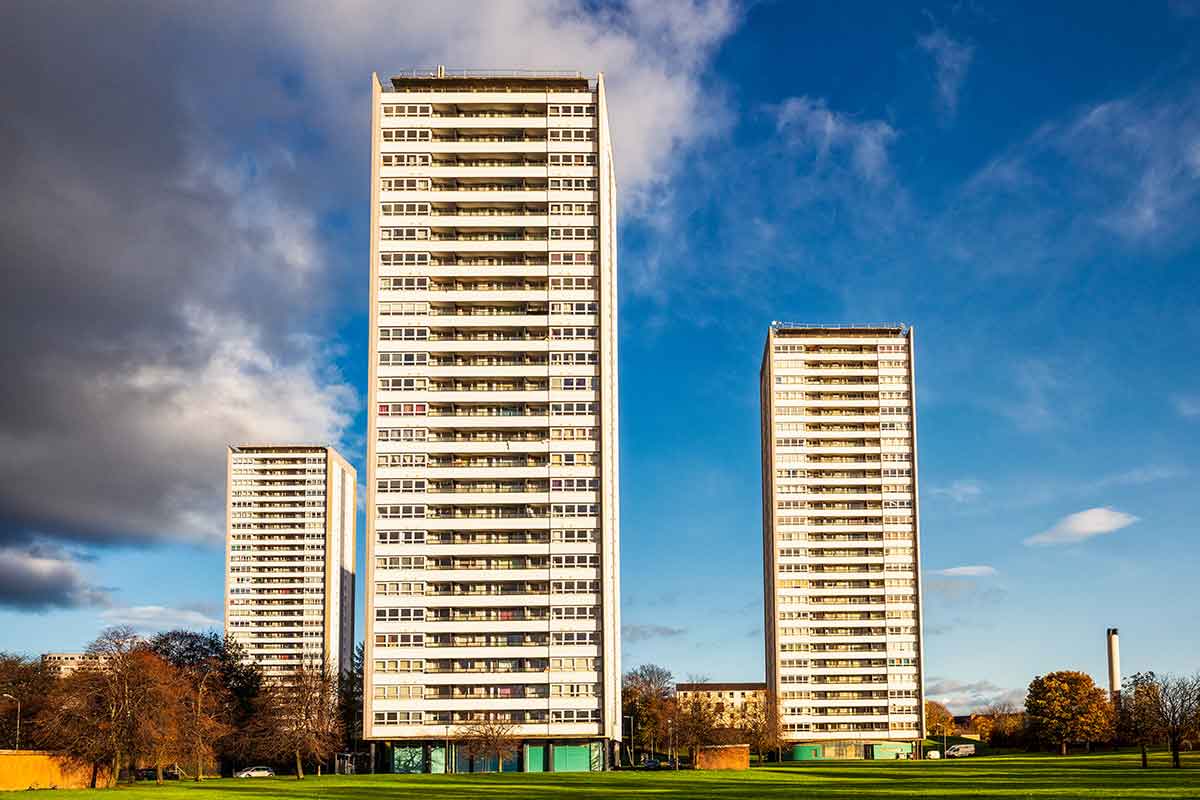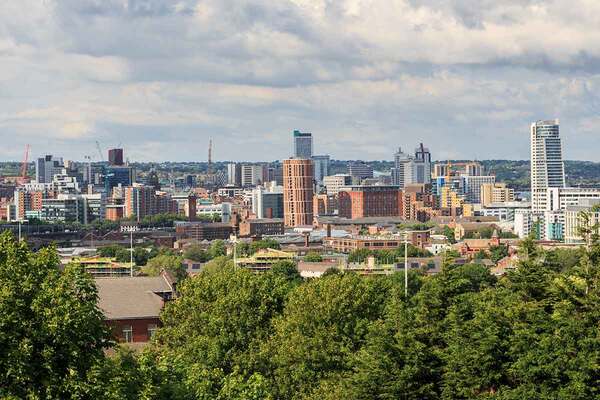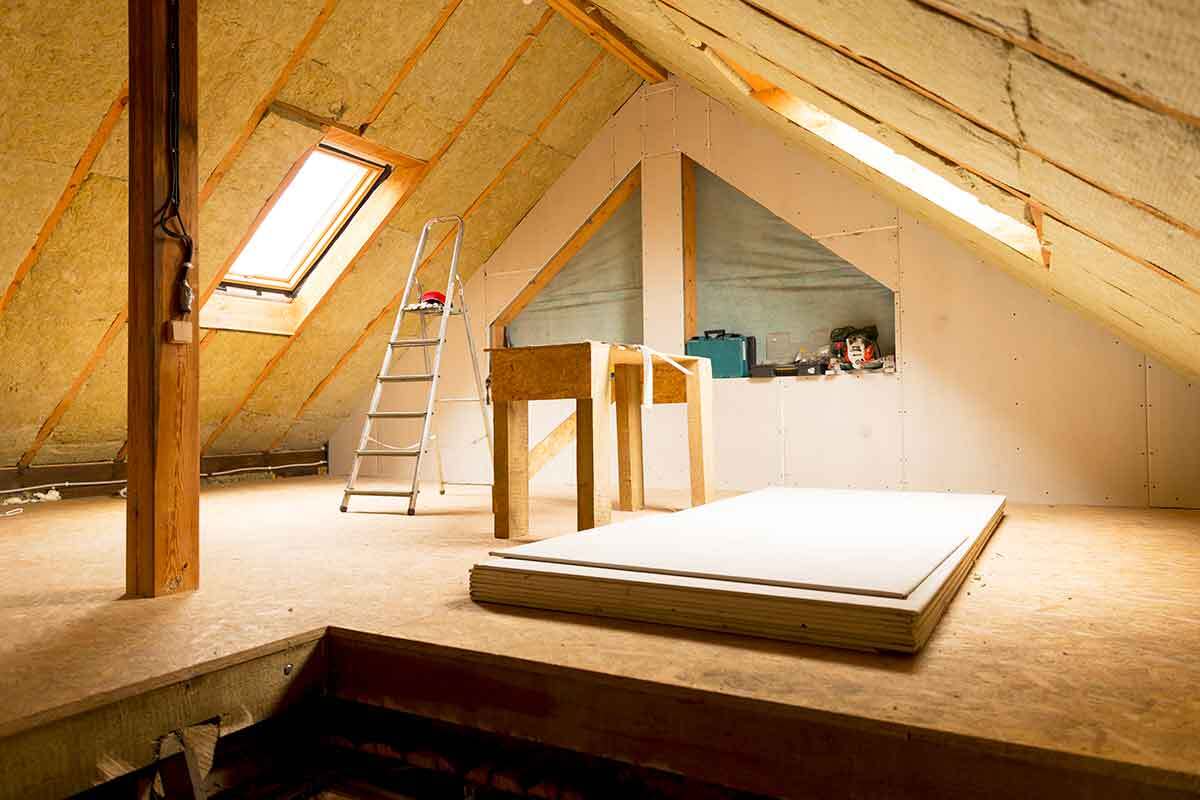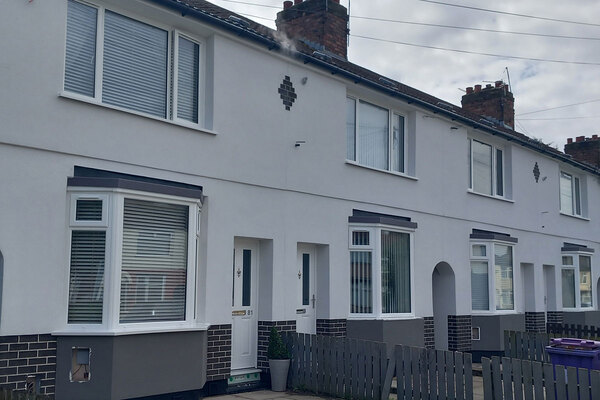Social landlords urged to take part in government-backed decarbonisation study
Housing associations are being encouraged to get involved in a government-commissioned study aimed at helping landlords tackle “hard-to-decarbonise” homes.

The study, commissioned by the Department for Business, Energy and Industrial Strategy (BEIS), is aiming to produce a framework to give landlords guidance on dealing with challenging properties.
It comes as social landlords face a government deadline to get all homes to at least Energy Performance Certificate Band C by 2030.
As part of the investigation, researchers at consultancy DG Cities and University College London’s Bartlett School of Architecture want to interview specialists in housing, energy and conservation.
Ed Houghton, head of research and service design at DG Cities, told Inside Housing: “We are really keen to speak to housing associations, particularly where there are examples of hard-to-decarbonise properties,” he said.
The researchers estimate that there are around 10 million homes across all tenures in the UK that are difficult to insulate or improve by conventional methods. Heat in buildings accounts for around 37% of annual greenhouse gas emissions, according to the researchers.
Older tower blocks in particular are likely to be some of the hardest to decarbonise, Mr Houghton said. “There’ll be many different issues such as quality of the fabric, the construction of a building, or the energy suppliers of those properties,” he said.
“You can’t easily use a heat pump, for example. It would have to be positioned in a way that some properties can’t really accommodate them,” he added.
The government is pushing the idea of heat pumps as a way to reach its overall target of net zero by 2050. Ministers have set a target of installing 600,000 heat pumps a year by 2028.
The new study will also look at the behaviour of residents in dealing with new energy-saving technologies, Mr Houghton said.
“We have to look at how landlords can support occupants of buildings to make the best use of these new technologies,” he added.
However some social landlords are looking to sell off their hard-to-retrofit homes as they are too expensive to tackle amid the competing priorities of building safety and developing new homes.
Mr Houghton concluded: “The idea is to give the sector all the information needed to make the right decisions so they can move forward and meet their obligations. But there is no one-size-fits-all.”
He said he hopes the results of the study will be published by the autumn.
Visit www.dgcities.com/hard-to-treat-homes for more information and to take part in the study.
Sign up for our asset management and sustainability newsletter
Already have an account? Click here to manage your newsletters






